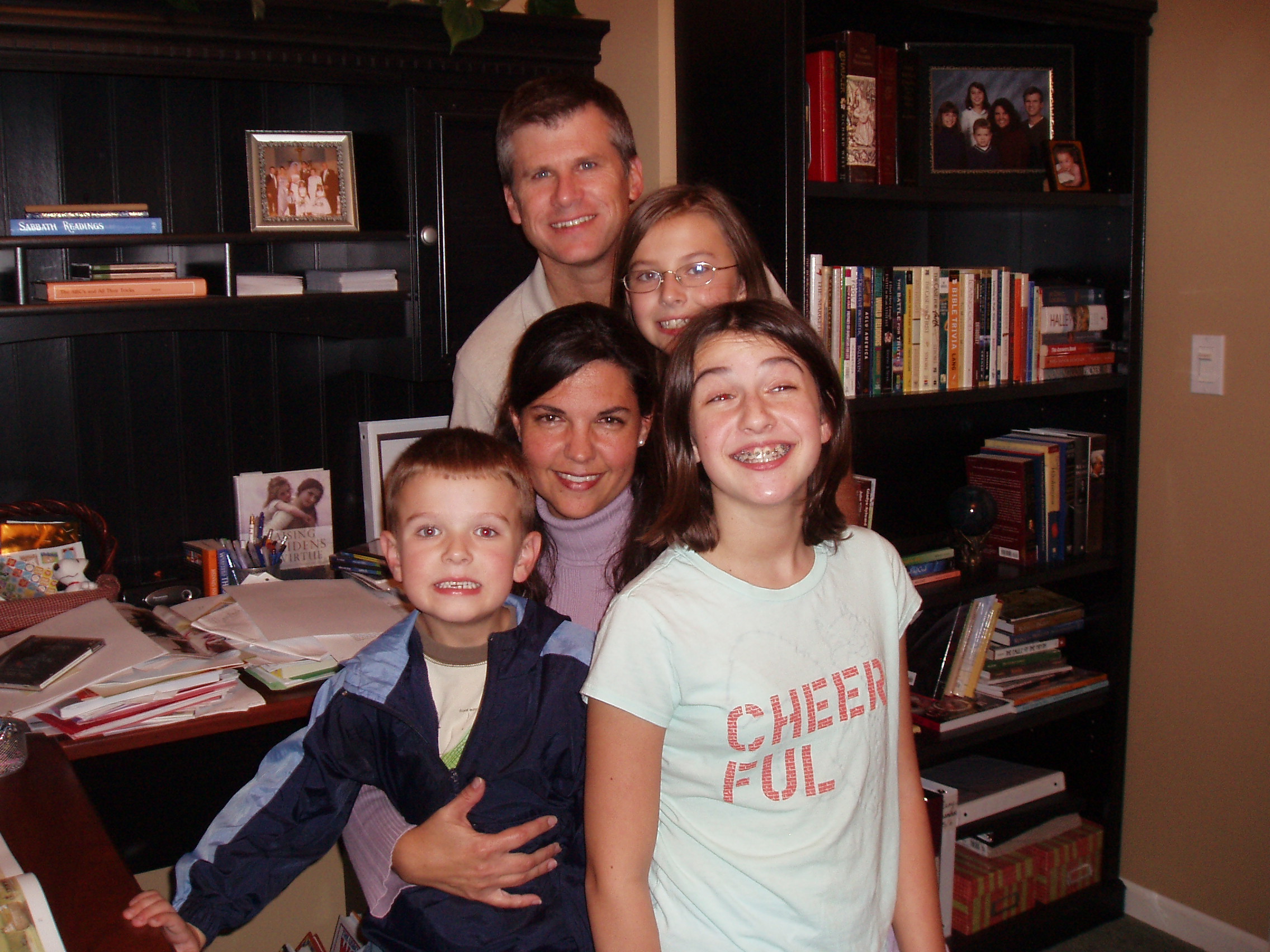Learning, teaching from home during COVID-19

Beyond day-to-day work and business, one of the biggest question marks caused by the COVID-19 outbreak is K-12 education. Schools in many states — including Kansas and Missouri — have closed for the rest of the academic year. With families isolating together, and many parents trying to work from home, or continue their own education, in addition to caring for their children, this unprecedented situation has brought up additional stress regarding keeping kids academically engaged. When school is closed, how much responsibility should parents take for teaching their children, and how can they balance that responsibility with the others they’re already shouldering?
Education coach Dr. Beverly Pell says the answer may be less hands-on than some parents expect. “I feel like parents are spending so much energy to try and figure out how to ‘homeschool’ their kids, and that’s not really what they’re supposed to be doing,” Pell said.
Pell, a 2018 graduate of KU’s Ph.D. in Educational Leadership and Policy Studies program, homeschooled her own children, and says there’s a distinct difference between parents’ responsibilities during this extended school closure, and organized homeschool.
“When I homeschooled my kids, I controlled the curriculum, and was responsible for all the instruction,” Pell said. “Homeschooling requires parents to take care of teaching, assessment and evaluation.”
Rather than homeschooling, Pell says what’s happening now is “making the best of a traumatic situation.”

“Anxiety is high right now, and we’re afraid our kids are going to be left behind, but that’s just not true,” Pell said. “You’re not stuck at home responsible for your kid’s education. Schools are trying to provide instruction, they’re trying to support their teachers, and the teachers are trying harder than anybody during this crisis to do their job.”
With that in mind, working parents still have a lot to consider when it comes to keeping kids active and learning, and balancing that with their own career or schoolwork, if they’re pursuing a degree. Here are Pell’s suggestions for what to prioritize, and how to set reasonable expectations.
Work together
Schools across the country have been trying to help students finish their year strong the best ways they can, from homework packets to online class meetings. When it comes to balancing your child’s work with your own, Pell says the best way to tackle it is structured time working together, and sticking to what the school has provided. “Take what you have to work with and sit down at the kitchen table, or a place where you and children can sit together, get your work out, and their work out, and work together,” Pell said.
Don’t be afraid of screen time
Pell says not to feel too bad about letting kids watch TV or use the internet if you need space to be productive on your own. “It’s not going to hurt kids to watch TV for two hours while you get your work done,” Pell said. “Now is not the time to feel bad about screen time, but it is important to know what the kids are watching.” Pell suggests if you’re using streaming video like YouTube with kids, to queue up a few educational videos, turn off autoplay, and install a filter for content safety.
Set short-term goals, rather than long-term expectations (for yourself and your children)
Expectations for your child’s learning will likely vary depending on the size of your school district, the resources they can offer you, and the resources you have at hand, in addition to your child’s own needs and feelings from day to day. “There are so many variables. Whatever your child’s teacher has started, that’s the goal. Follow what the teacher is doing.”
Pell suggests having daily or weekly goals, rather than high expectations of what can be accomplished. Be flexible, in case circumstances suddenly change. “We’re going through something that no one has ever gone through,” Pell said. “You can’t hold yourself to a certain standard, because right now there isn’t one. Set goals you can definitely reach, because any victory is huge.”
Prioritize your child’s emotional and physical health
Currently, many schools are more concerned with their students’ physical and emotional well-being over academics, and Pell says those priorities should carry over to home as well. “Dealing with the emotional and psychological repercussions of what’s happening right now is what matters,” Pell said. “The blessing in disguise here is that parents will realize how much support teachers give students in terms of social and emotional learning.”
For many parents, that will likely require taking care of their child’s emotional needs before addressing any of their own work. She suggests communicating clearly with your teachers and co-workers what your own adjusted schedule and needs now look like. “If you take care of your children and their emotional needs and their physical needs, you’ll have more time later to study,” Pell said. “You need to take care of your kids’ health and well-being before you’ll be able to get your work done.”
For more resources on learning and working remotely during COVID-19 and beyond, read our posts on working from home, staying healthy at home and KU's online learning resources.





